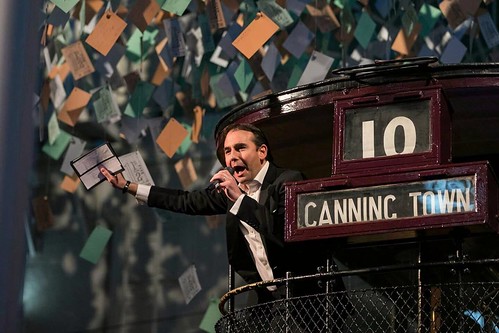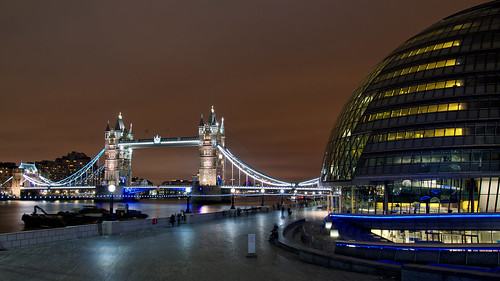Q&A
I was recently interviewed by the good people of Knomo about what I’m up to, and how I work. Hopefully you find the interview interesting.
Oli, thank you for joining us. In a sentence tell us what you ‘do’?
I connect people and ideas, I am a serial co-founder of businesses and an event MC
Can you talk us through your journey up to this point?
I dropped out of university after starting my first business, which was an events company in nine cities. Over the years I’ve helped start a number of ventures including a sock subscription service, a language practice website and a social enterprise which helps young people to fix their own youth clubs. Ten years ago I started a scheme called Tenner, which has now challenged over 250,000 school pupils to see what they can do with £10 in one month. With a group of like minds, I co-founded the national campaign StartUp Britain and I’ve always had a side line in hosting and MC-ing events for my own initiatives and for others.
What does the average day in the life look like?
No two days look the same. At least once a week you’ll find me on stage, hosting an event somewhere in the world. I’m based outside London and try to work from home one day a week, which gives me time to reflect and to think. I sit on several advisory boards, including One Million Mentors, Founders4Schools and Tech London Advocates, so I’m meeting with at least one of them most weeks. I’ve also just become a Fellow of Zinc, helping 54 founders to start impact businesses over the next six months.
In London I have a desk in Paddington and memberships at several clubs – for me it’s important to have a variety of places environments to work from, depending on the venture and the mood.
As a professional moderator and event speaker, what are your key tools for connecting people with ideas?
It helps to have a good memory for what people love and what their interests are. I try to scribble notes wherever I go to help me remember things and try to follow up as soon as possible after events if I want to keep in touch.
My love in life is making useful introductions and so for me, there really is no substitute for a thoughtfully written email. Most of my ideas come from reading about problems or challenges in the world, so I’m never far from a copy of the Times, the Economist and The Week.
What three things does anyone starting in your industry need to know?
Don’t be afraid to write to busy, successful people and ask them to meet you for coffee – people are more reachable and generous than you may think. Realise that persistence matters and that very often you will be ignored to begin with, so keep going. Surround yourself with a core group of supporters who you can share the highs and the lows with – they will make you laugh on the most challenging days and you will be a huge comfort to them too.
What would you do differently if you were starting your journey all over again today?
I’d have spent more quality time with the investors in my first company, to learn the basics of running a business.
I’d have spent more time connecting with international business visitors as they came through Britain. Linked to that, I would not have waited so long to experience India, China and Japan.
Finally, I’d have written to even more people to ask to meet them. “Long shot” emails and phone calls have changed my life more than once and I sometimes forget to keep sending those notes and making those calls.
We love telling your story – what are some of the ways your Microsoft Surface Pro and Knomo bag help you with your daily work?
Right now, I’m hosting the Great British Entrepreneur Awards in five cities (London, Cardiff, Birmingham, Manchester and Edinburgh), so my bag has to contain a huge range of things, from books to briefing notes. Although I love using the latest technology, I’m also a big believer in reading certain things in print, so my Knomo bag is usually brimming with reports and documents. My favourite way to explore a city is on foot, so having a bag which is easy to carry makes a massive difference.
As a regular MC, it’s helpful to be able to present from my Surface Pro onstage and make edits to scripts on the go. A typical day might involve a train ride, a stint in a co-working space and an early morning or late night catch up at the kitchen table. I find it refreshing to be able to use one device for all of the above.
I’m lucky to have an incredibly varied working life, and love not knowing where the next adventure may lead.
Thanks so much Oli!





